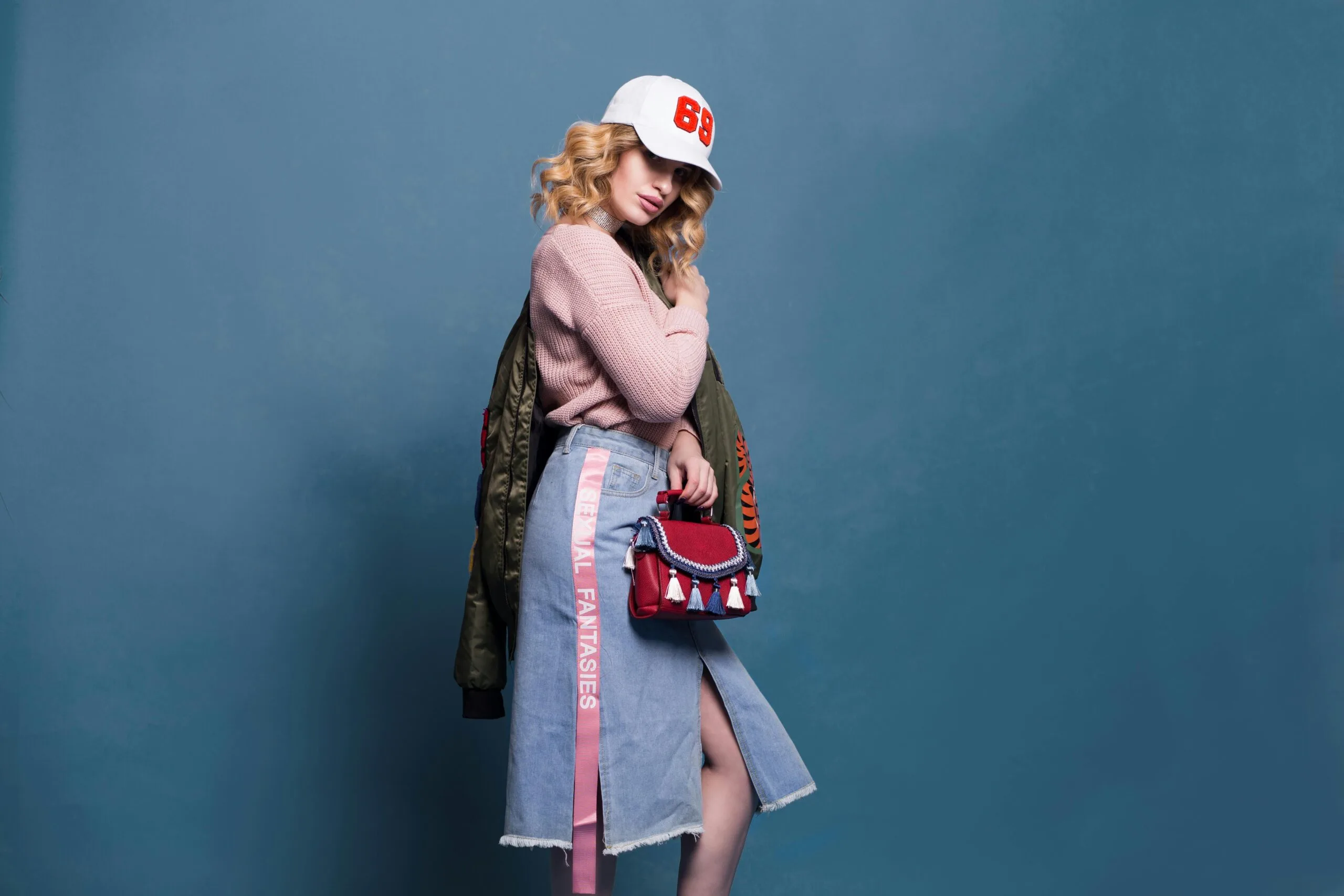Sustainable fashion is more than just a trend; it’s a movement towards more responsible and eco-friendly practices in the fashion industry. As 2024 unfolds, several brands are leading the way in sustainability, offering stylish and ethically-produced clothing. In this guide, we highlight the best sustainable fashion brands to watch this year, each known for their commitment to reducing environmental impact while delivering fashion-forward pieces.
1. Patagonia
Key Features:
- Known for its commitment to environmental and social responsibility
- Uses recycled materials and organic cotton
- Offers repair services for worn-out products
Pros:
- Strong focus on sustainability and ethical practices
- High-quality, durable products
- Transparent supply chain
Cons:
- Higher price point compared to non-sustainable brands
- Limited variety in certain product categories
2. Stella McCartney
Key Features:
- Pioneering in luxury sustainable fashion
- Uses innovative eco-friendly materials like organic cotton and recycled polyester
- Advocates for animal welfare with a no-leather, no-fur policy
Pros:
- High-fashion, luxury sustainable pieces
- Strong ethical and environmental stance
- Innovative use of sustainable materials
Cons:
- Premium pricing
- Limited accessibility in some regions
3. Reformation
Key Features:
- Focuses on using sustainable materials and practices
- Offers a wide range of trendy and stylish clothing
- Commitment to reducing waste through innovative design
Pros:
- Trendy and fashionable designs
- Transparent about sustainability practices
- Variety of clothing options
Cons:
- Price can be higher than fast fashion
- Limited sizing options
4. People Tree
Key Features:
- Known for fair trade and organic fashion
- Works with artisan groups and cooperatives
- Focuses on ethical production and environmental sustainability
Pros:
- Fair trade certified, supporting artisans and communities
- Eco-friendly materials and practices
- Unique and stylish designs
Cons:
- Limited availability in physical stores
- Prices can be higher due to ethical production
5. Eileen Fisher
Key Features:
- Emphasizes simplicity and timeless design with sustainable materials
- Uses organic cotton, linen, and recycled fibers
- Offers a take-back program for used clothing
Pros:
- Classic, versatile designs
- Commitment to environmental and social sustainability
- High-quality, durable clothing
Cons:
- Higher price point
- Limited trend-driven fashion
6. Toms
Key Features:
- Known for its socially responsible business model
- Uses sustainable materials and practices
- Implements a giving model, donating a pair of shoes for every pair purchased
Pros:
- Stylish and comfortable footwear
- Strong focus on social impact
- Eco-friendly materials
Cons:
- Limited to footwear and some accessories
- Prices can be higher than non-sustainable brands
7. Thought Clothing
Key Features:
- Uses organic cotton, bamboo, and recycled materials
- Focuses on comfortable, stylish clothing with an eco-friendly approach
- Emphasizes ethical manufacturing
Pros:
- Affordable sustainable fashion
- Variety of clothing options
- Eco-friendly materials and practices
Cons:
- Limited availability in physical stores
- Styles may not suit all tastes
8. Nudie Jeans
Key Features:
- Focuses on organic cotton denim
- Offers repair services for worn jeans
- Transparent about production practices
Pros:
- Durable and high-quality denim
- Strong commitment to sustainability
- Free repairs for jeans
Cons:
- Limited to denim and casual wear
- Higher price for premium quality
9. AMUR
Key Features:
- Uses sustainable and eco-friendly fabrics
- Focuses on elegant and fashionable designs
- Commitment to ethical production
Pros:
- Stylish and contemporary fashion
- Eco-friendly materials and practices
- Ethical manufacturing processes
Cons:
- Higher price range
- Limited availability in physical stores
10. Outerknown
Key Features:
- Known for its commitment to sustainable sourcing
- Uses organic and recycled materials
- Focuses on fair labor practices and environmental responsibility
Pros:
- Modern and casual designs
- Transparent supply chain
- High-quality, sustainable materials
Cons:
- Premium pricing
- Limited product range compared to some competitors
Conclusion:
These sustainable fashion brands are leading the charge towards a more responsible and eco-friendly fashion industry in 2024. Whether you’re looking for luxury pieces, trendy styles, or everyday essentials, these brands offer a range of options that align with both fashion and sustainability.








